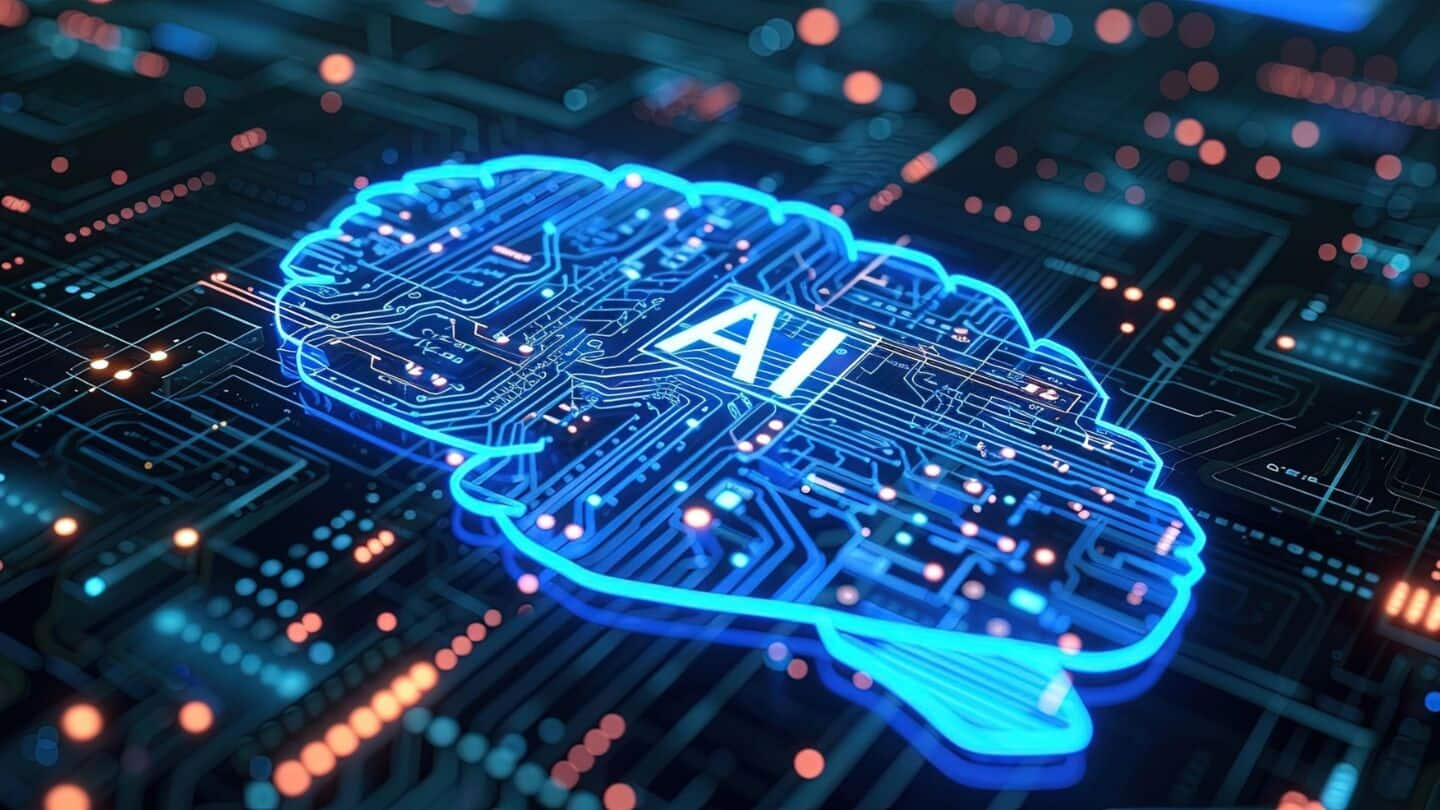
Workers using AI seen as less intelligent: Study
What's the story
A recent study by Duke University has revealed that employees using artificial intelligence (AI) tools are often viewed negatively. The research found that these workers are perceived as less intelligent, less diligent, and even lazier than their non-AI-using peers. This perception could impede the widespread adoption of AI in workplaces despite its proven ability to boost productivity.
Research methodology
Study involved 4 online experiments with 4,400 participants
Published in the Proceedings of the National Academy of Sciences, the study was conducted by researchers Jessica Reif, Richard Larrick, and Jack Soll. They conducted four online experiments with 4,400 participants to understand how AI-using workers are perceived by others. In the first experiment, participants were asked to predict how their colleagues would view them if they used an AI tool for a task.
Perception bias
Participants expected negative judgments from their peers
In the first experiment, most participants expected their use of an AI tool, such as ChatGPT, Gemini, or Copilot, would be perceived as a sign of laziness or incompetence. The second experiment had participants evaluate co-workers who used AI for their tasks. The results were largely negative again, with these workers being perceived as less competent, less confident, and lacking independence.
Recruitment bias
Hiring managers also showed bias against AI users
The third experiment had participants play hiring managers reviewing job applicants. Candidates who confessed to using AI for their work were rated less favourably. However, this bias was less pronounced when the hiring managers had experience using AI tools themselves. The last experiment looked at how perceptions changed when AI use was both appropriate for the task and greatly improved productivity. Under these conditions, negative judgments were markedly reduced.
Acceptance
Familiarity with AI tools correlated with acceptance
One consistent trend across all experiments was that participants who had firsthand experience using AI were more accepting of their own and others' use of the technology. The findings indicate that social perceptions could be a barrier to the adoption of AI in professional settings. Even when these tools deliver measurable improvements in efficiency, hesitation around their use may linger on due to workplace culture.